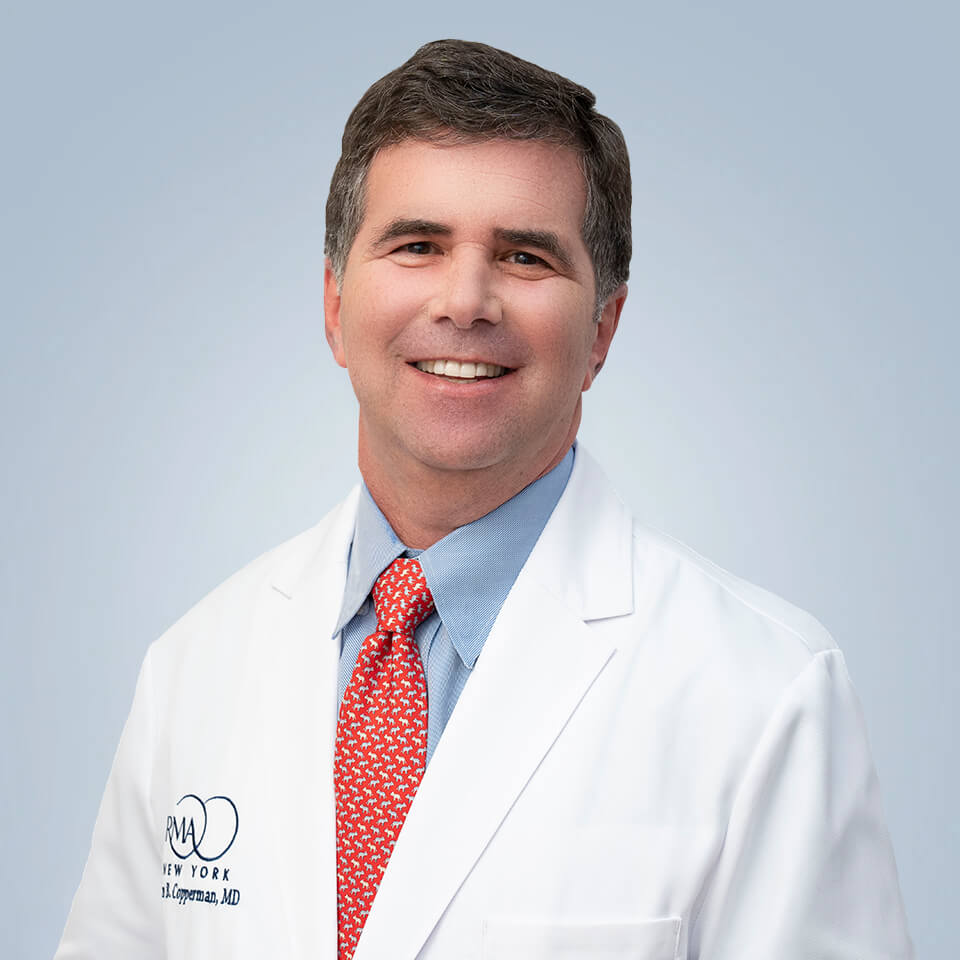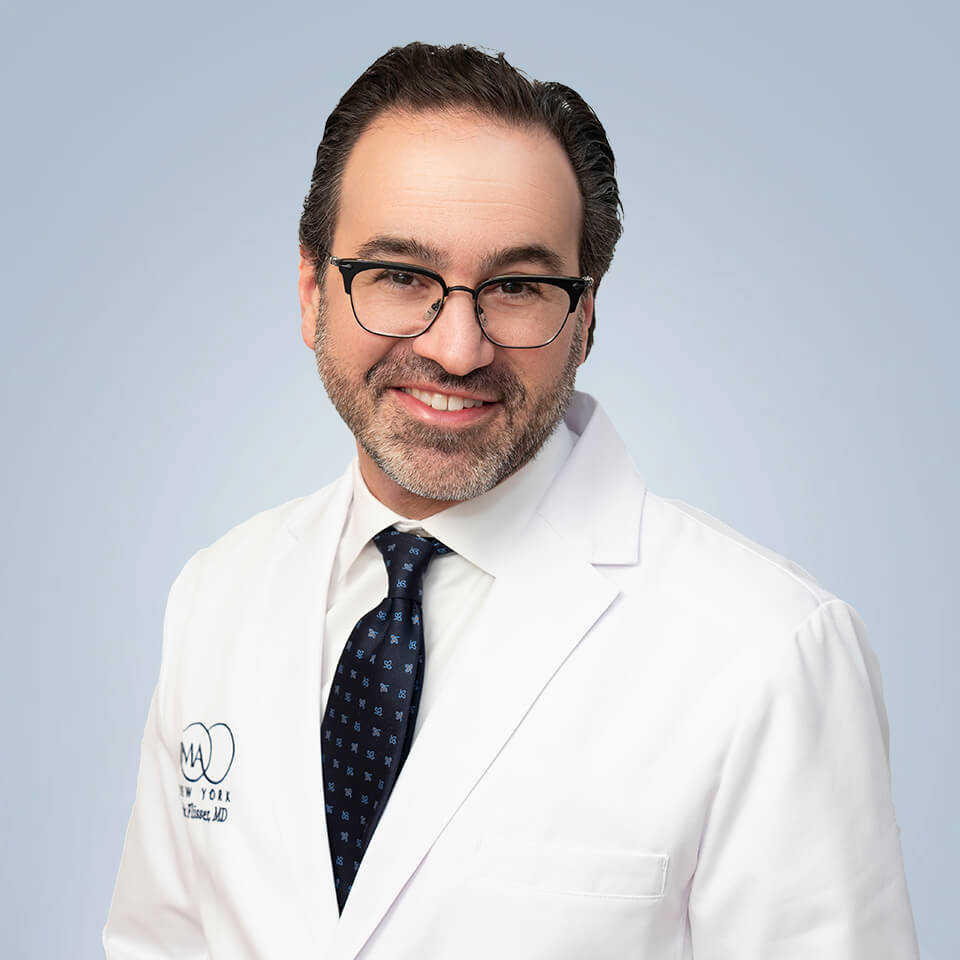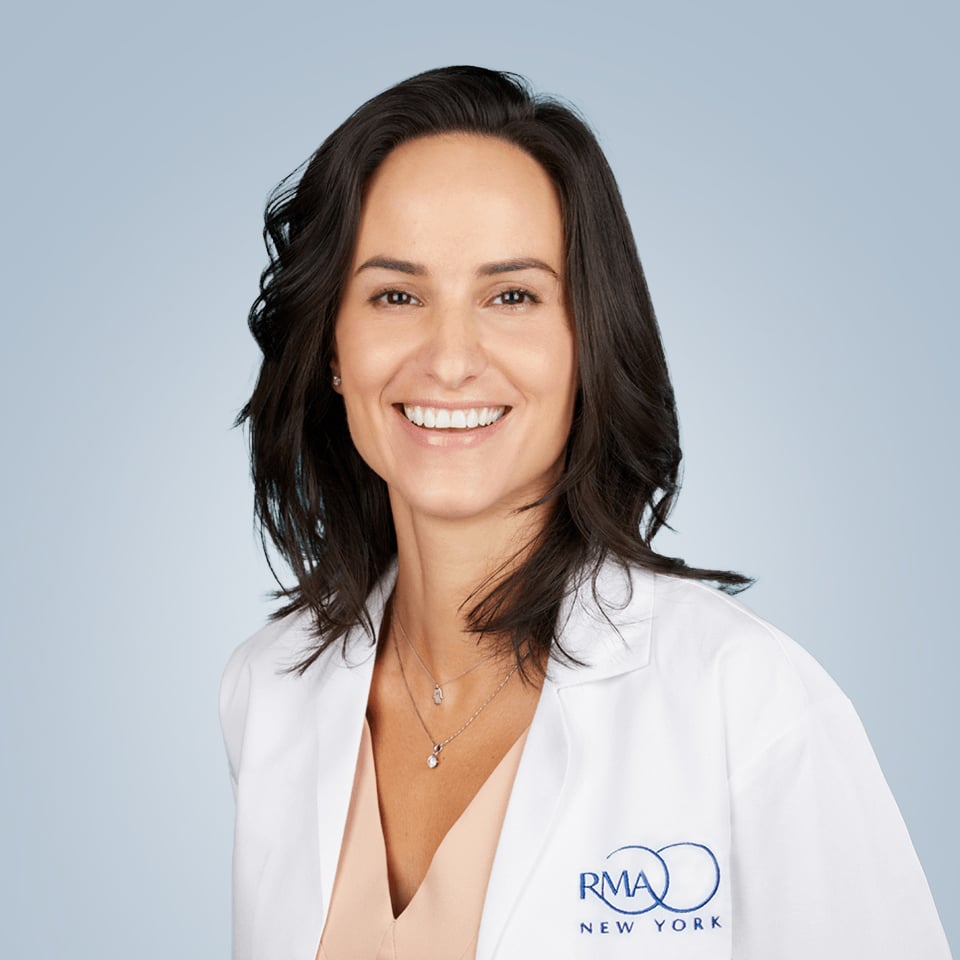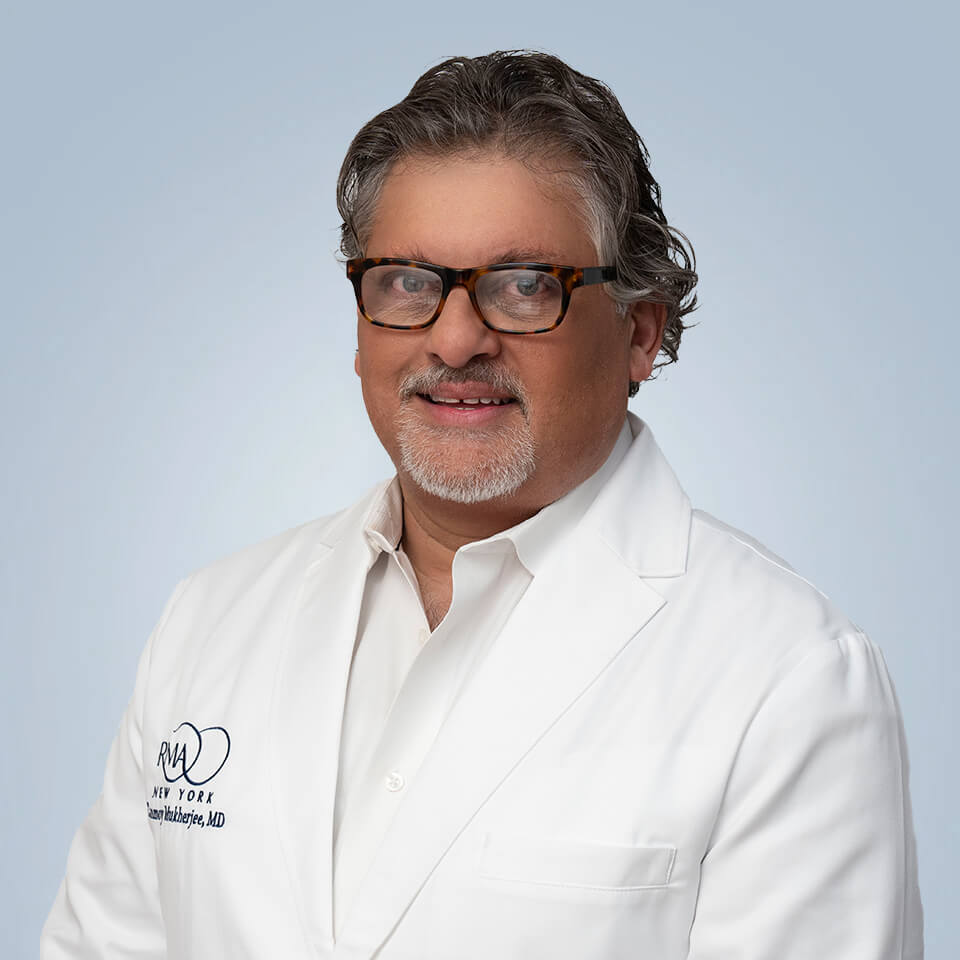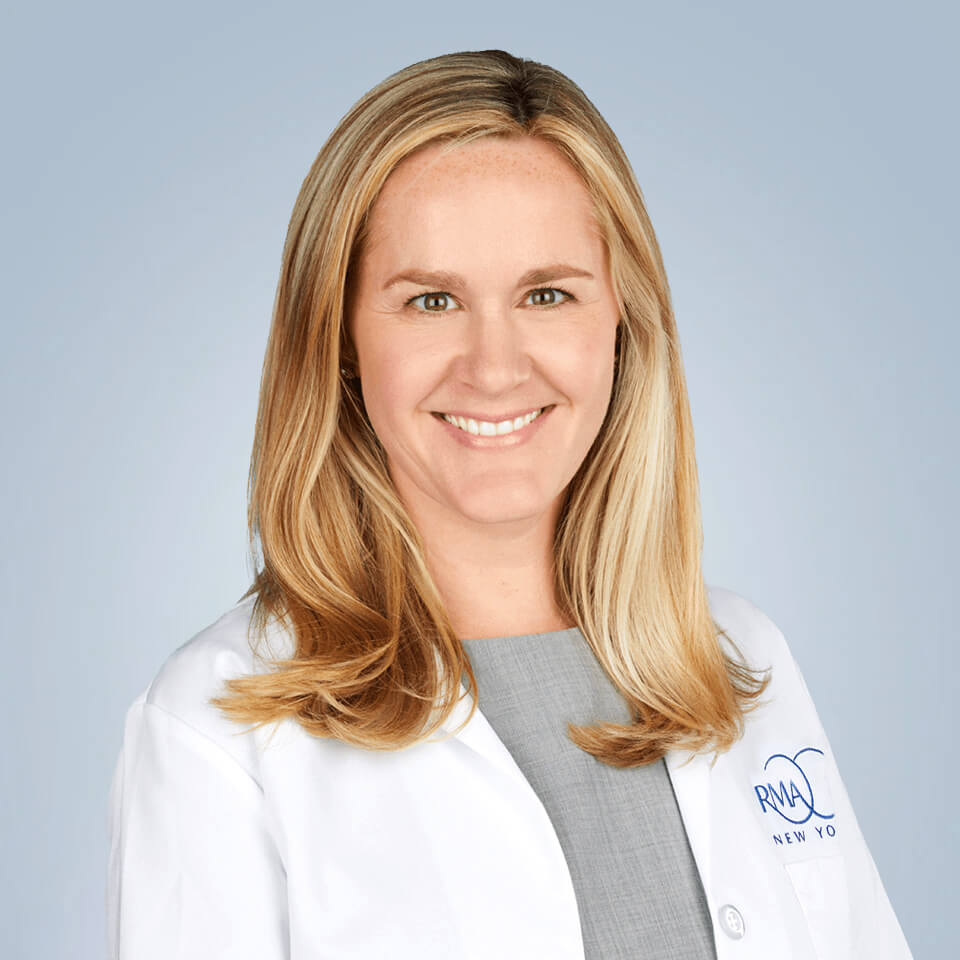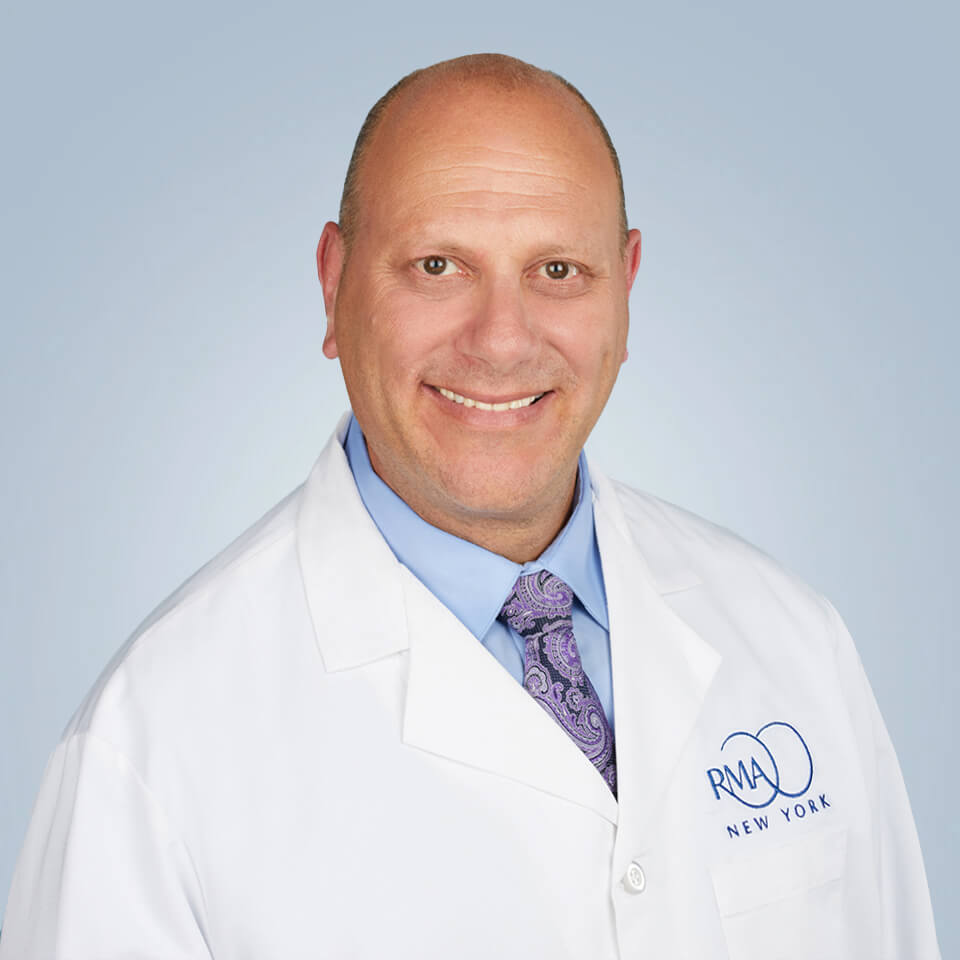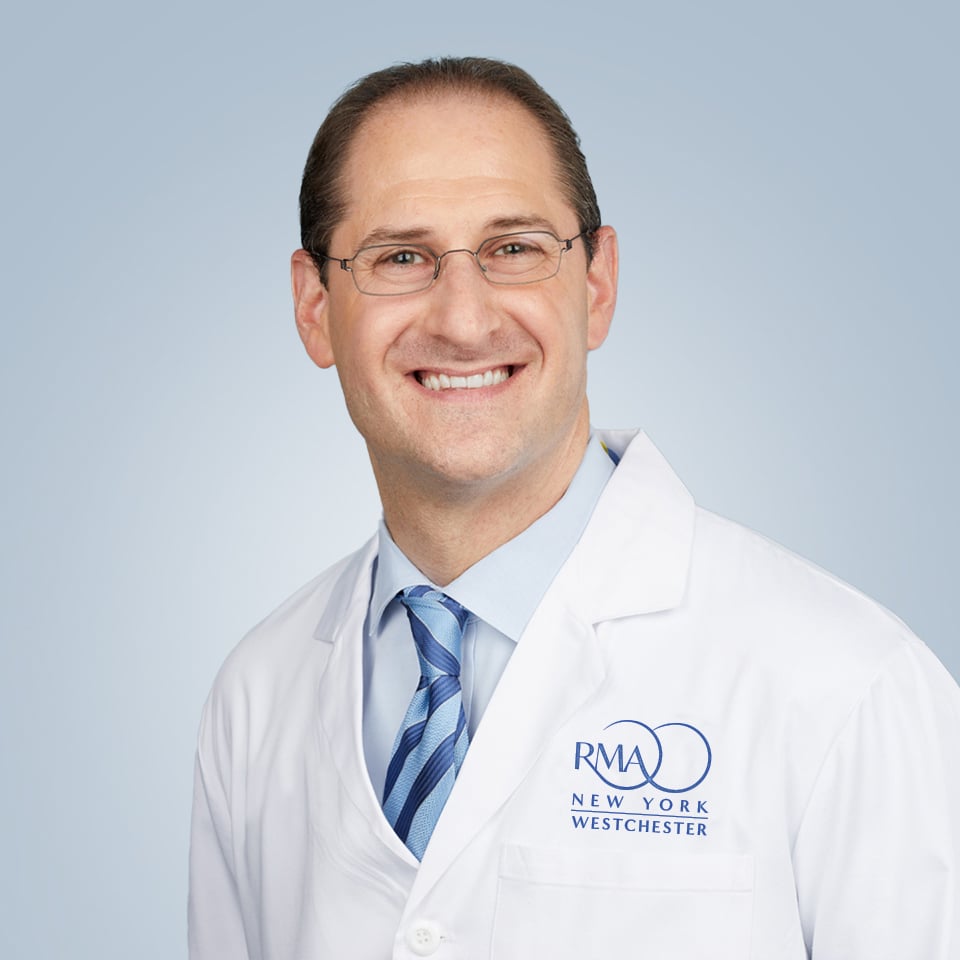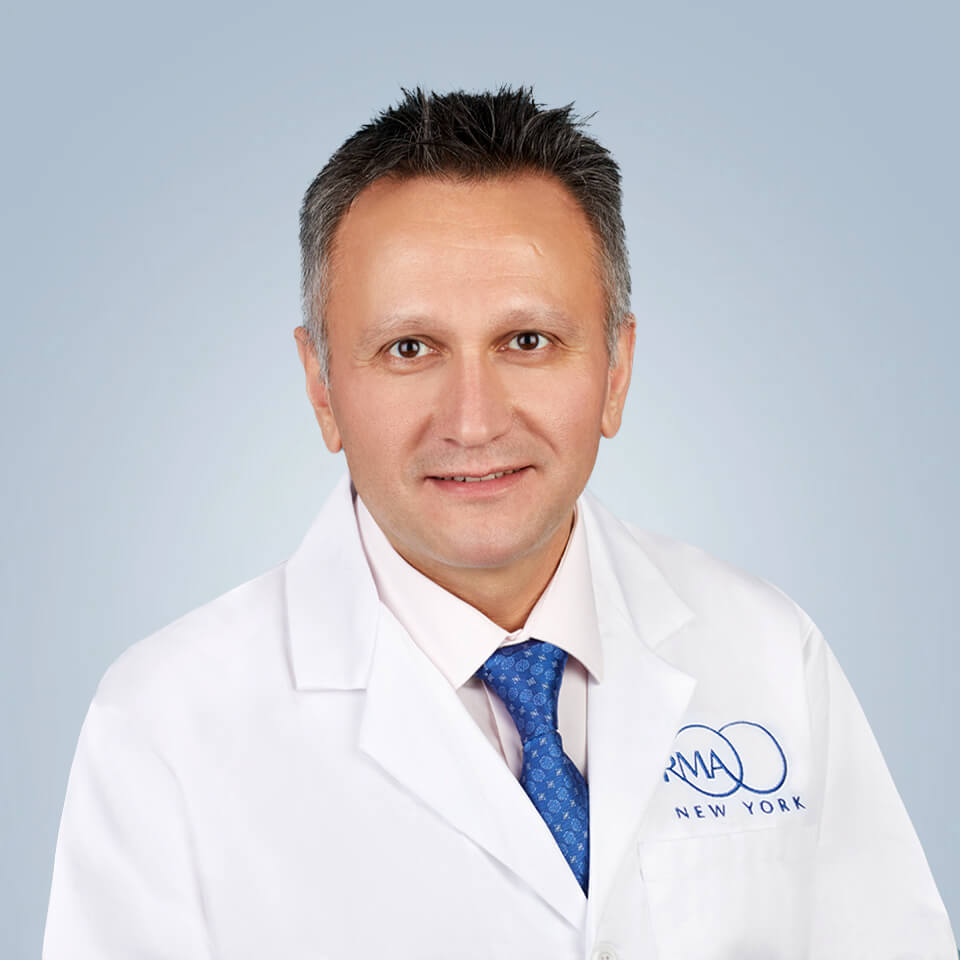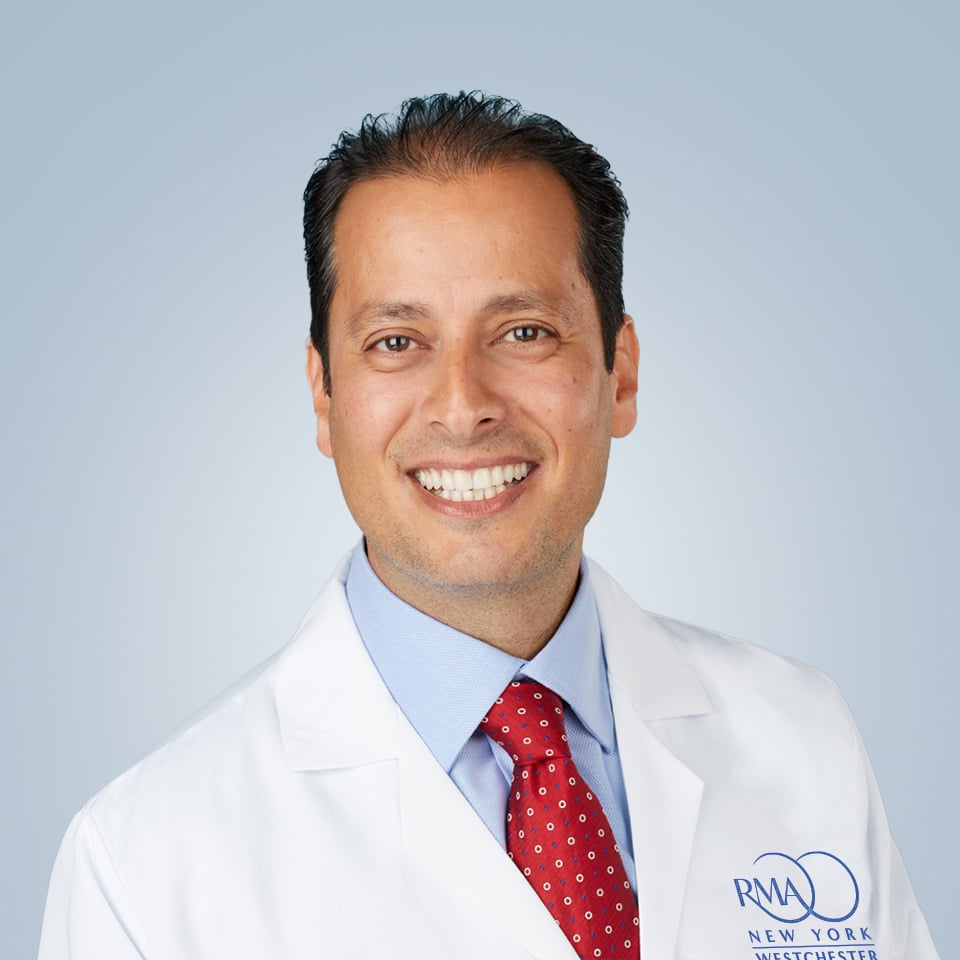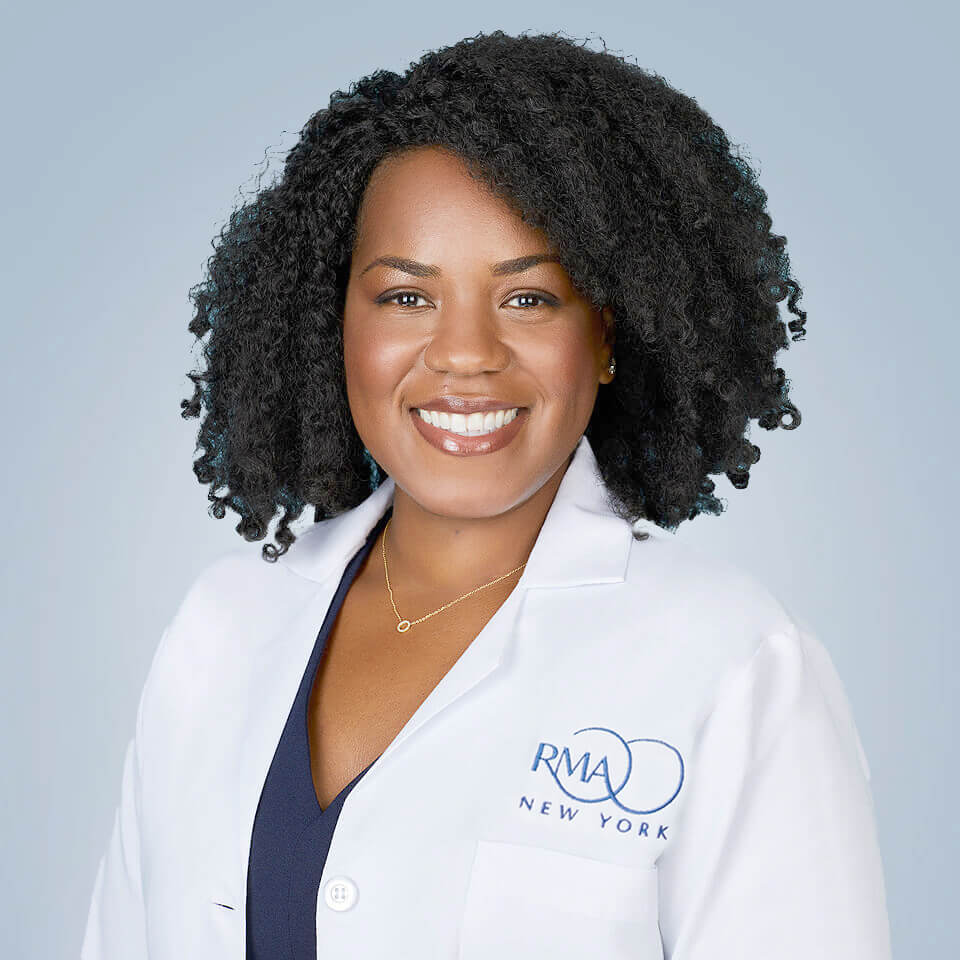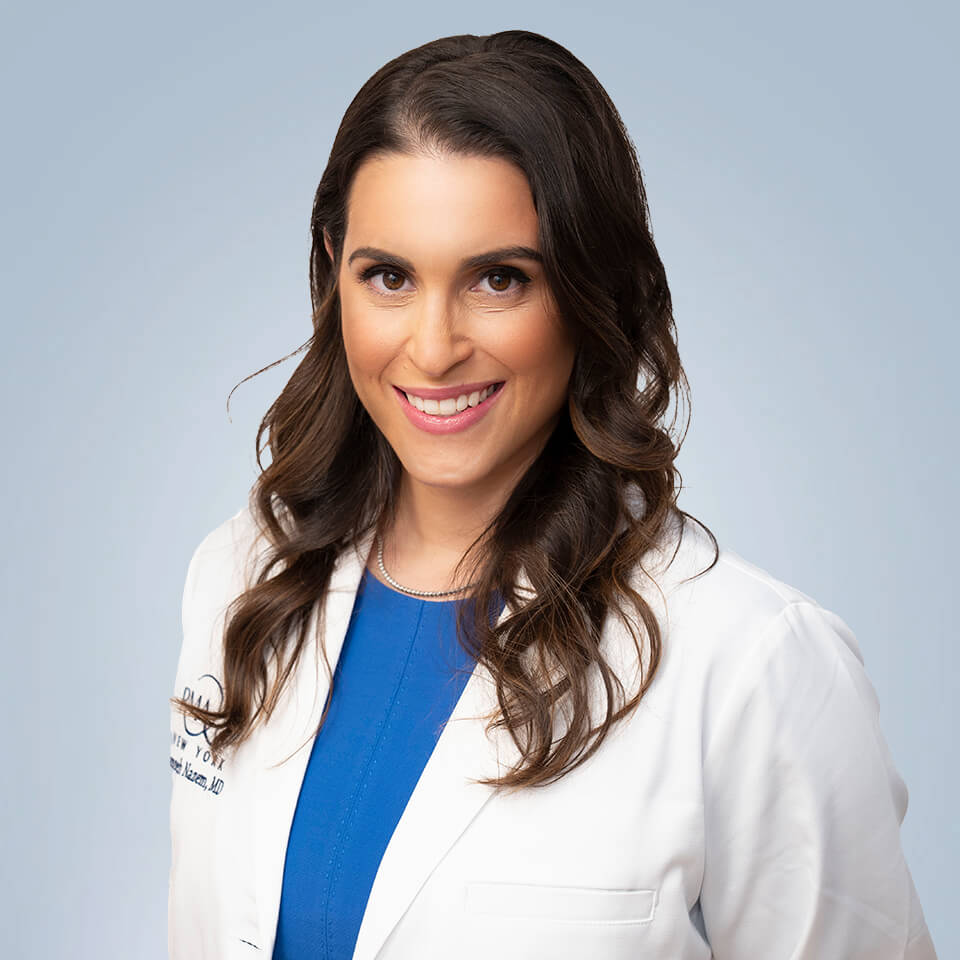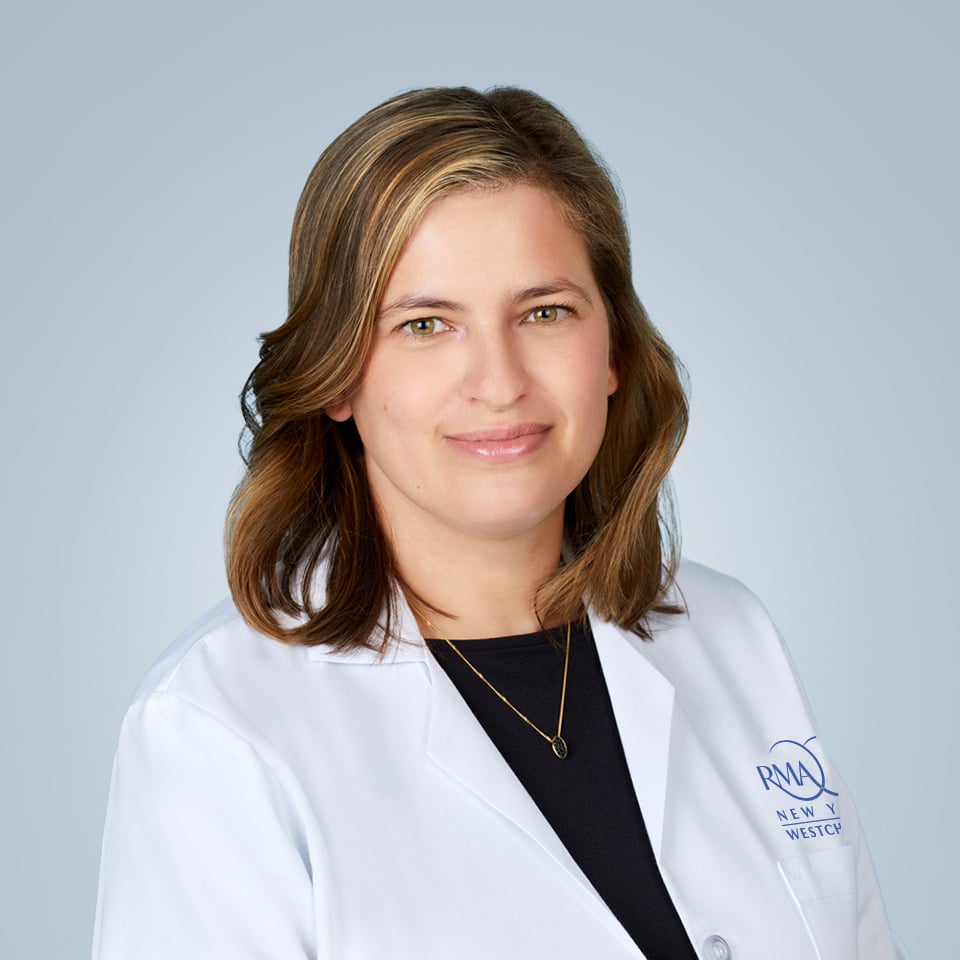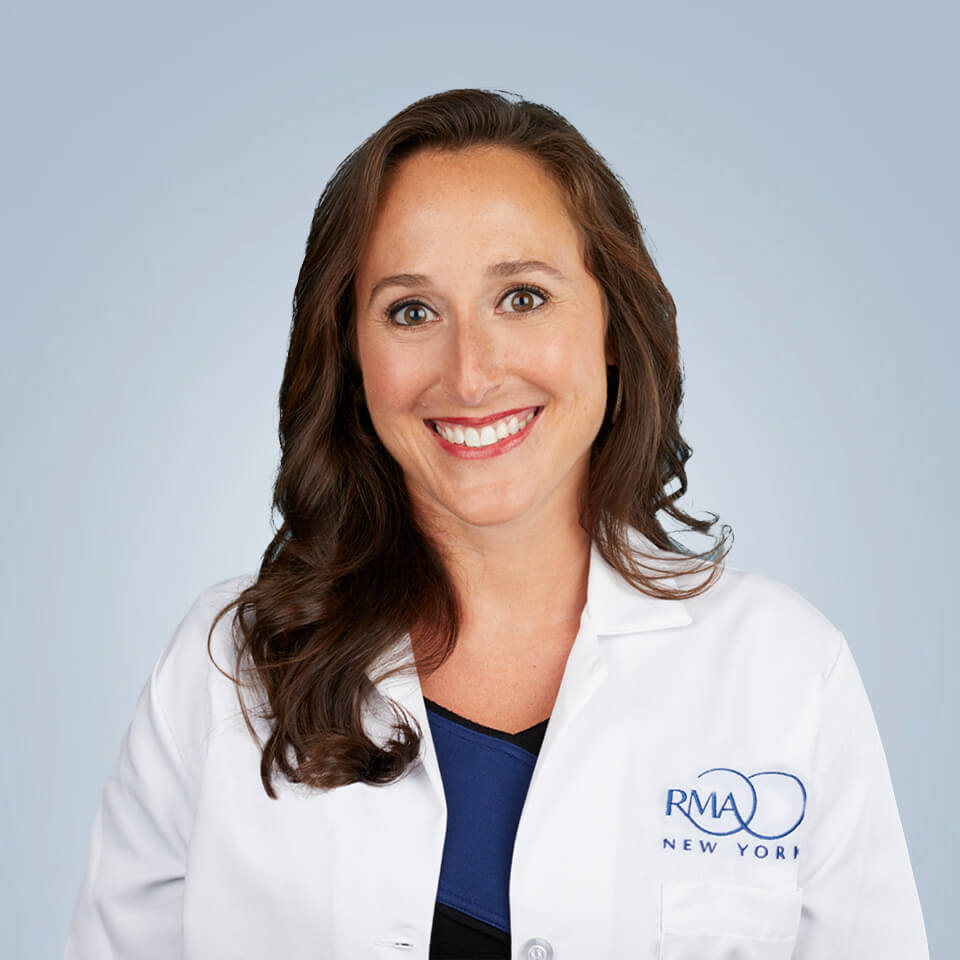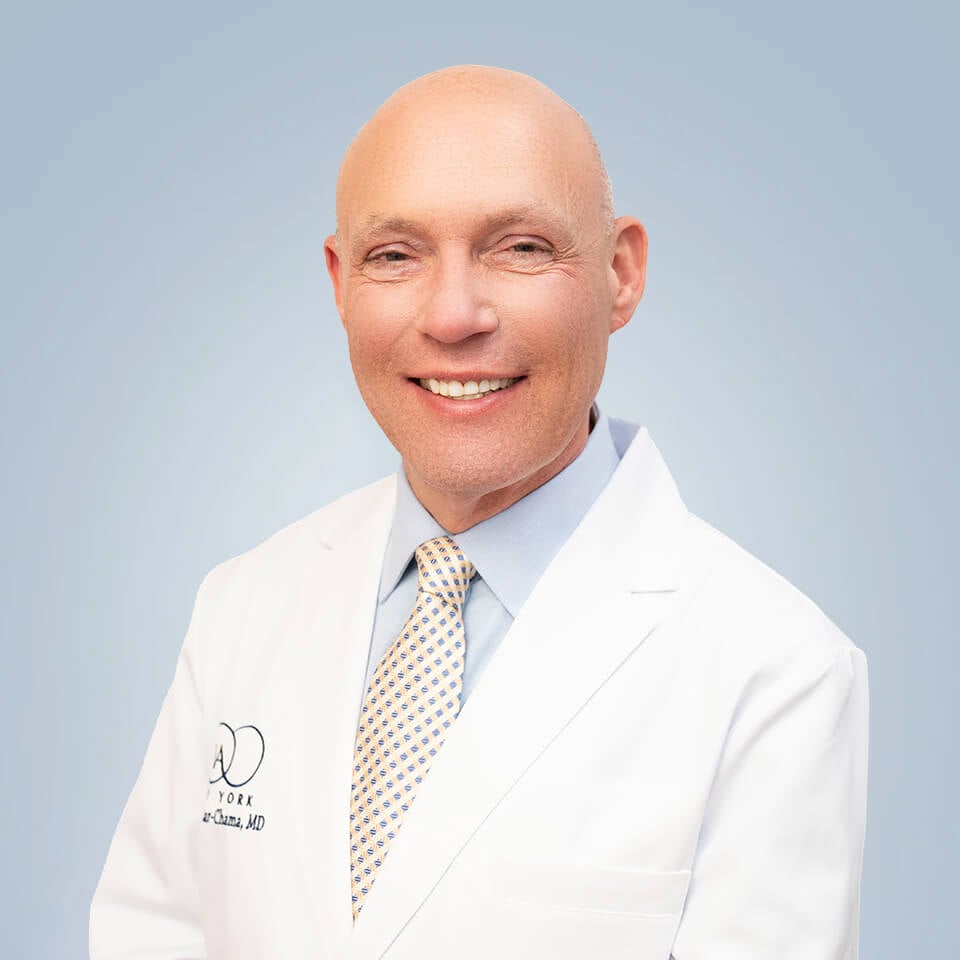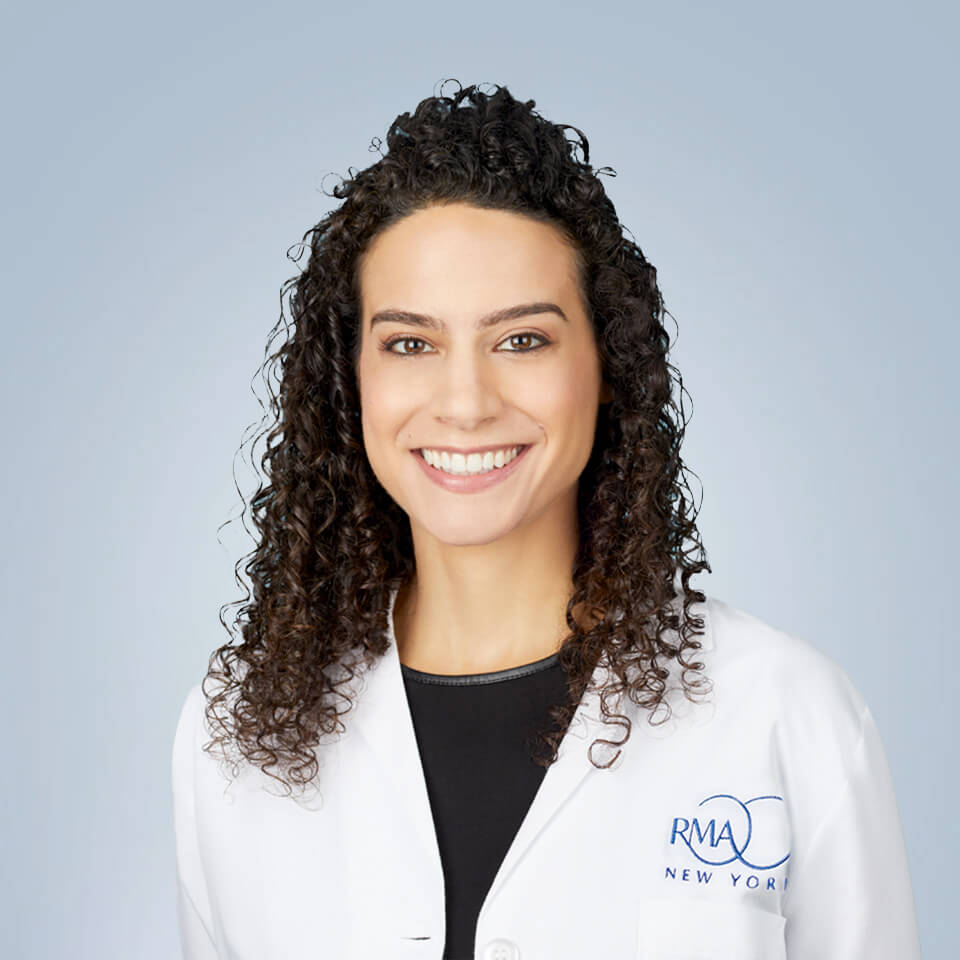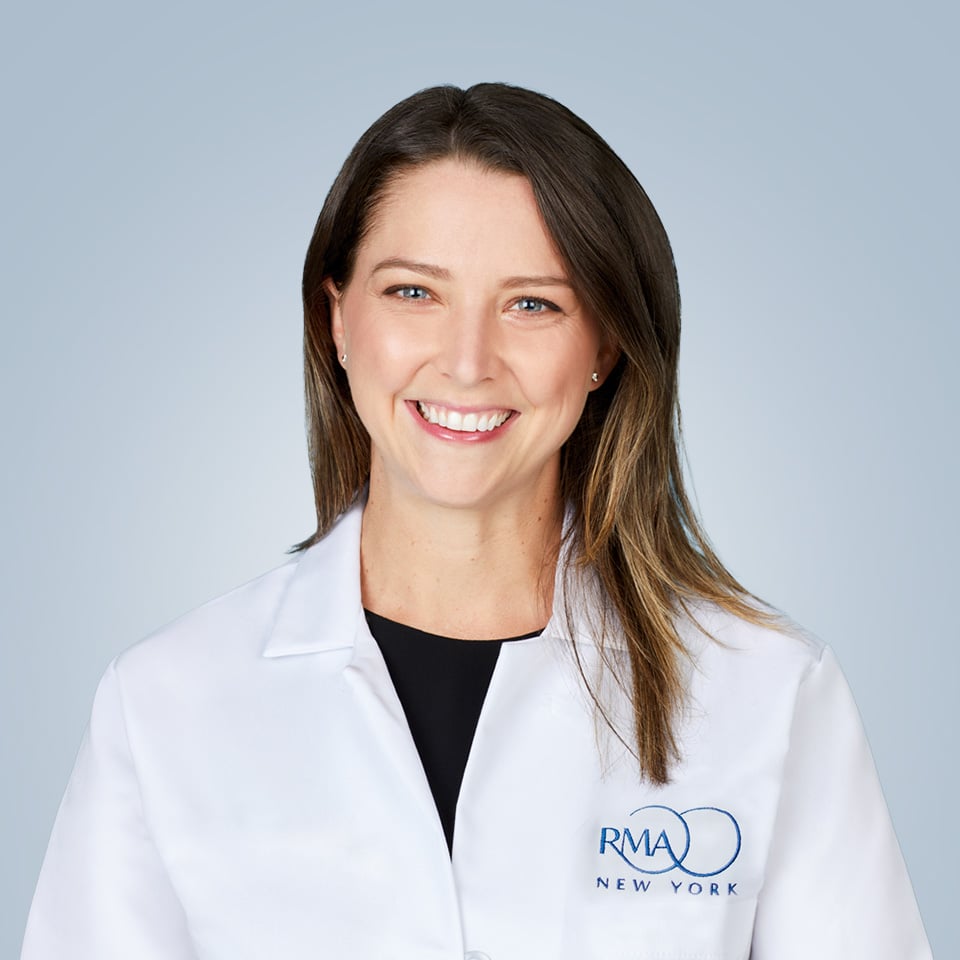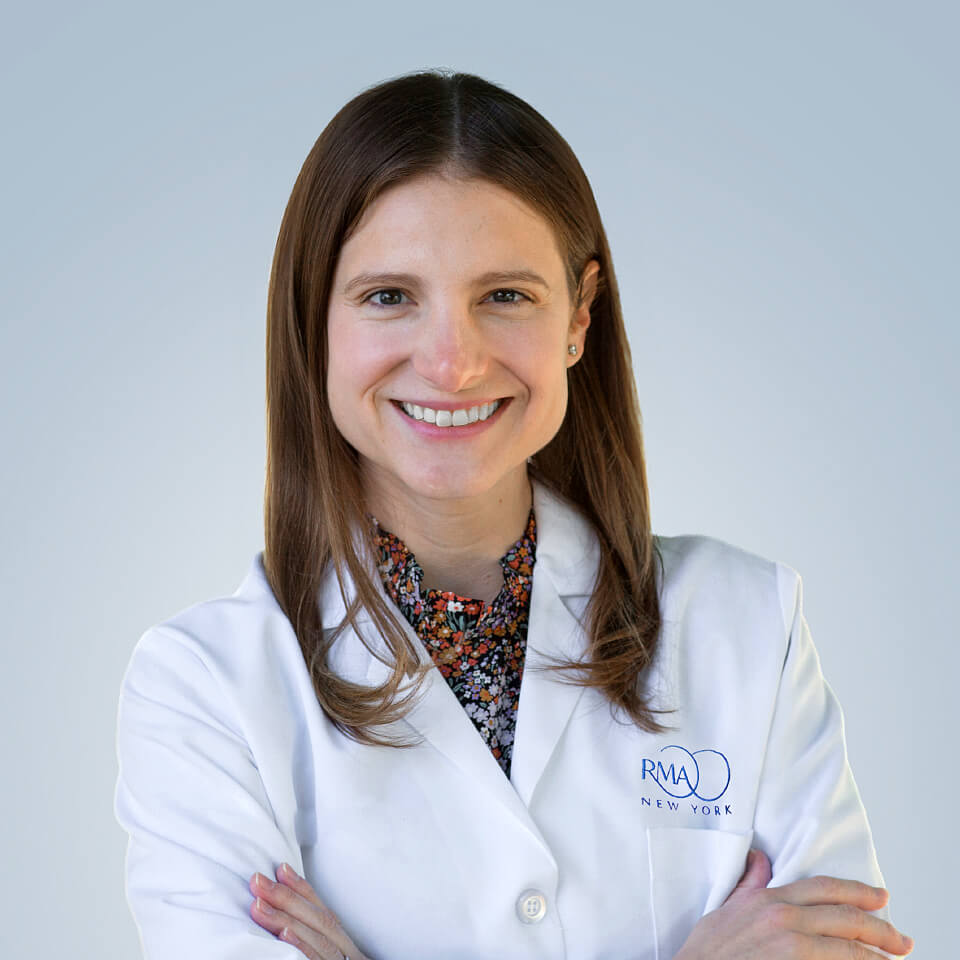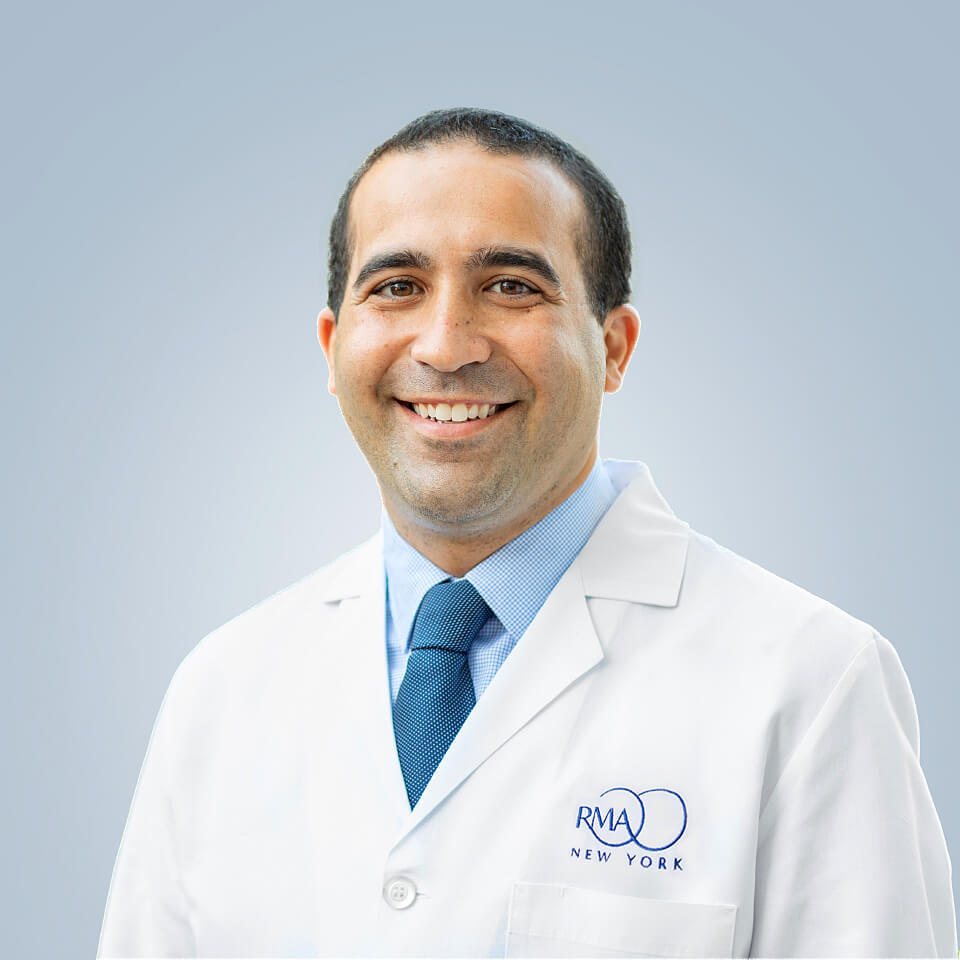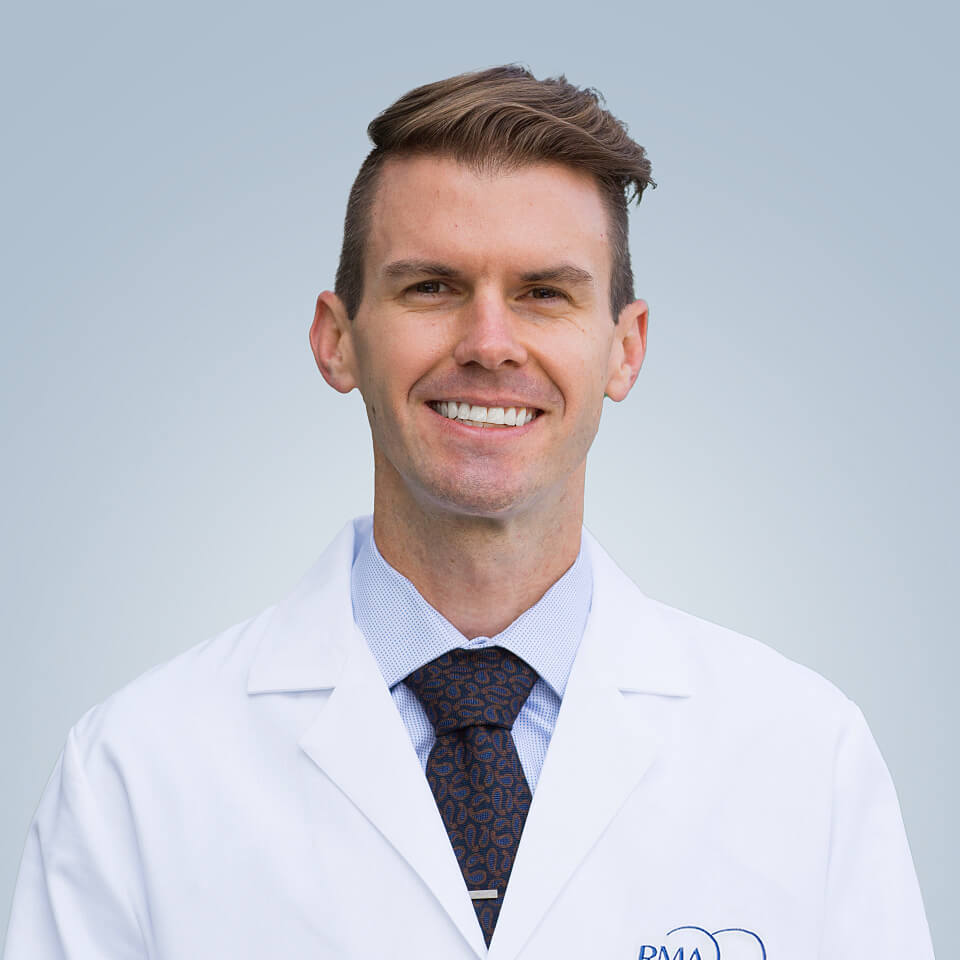
Gestational Surrogacy in New York
On February 15th, 2021, the Child-Parent Security Act took effect in New York State. This law legalized gestational surrogacy and provided a simpler path to establish legal parental rights for parents who rely on assisted reproductive technology to have children. In addition to expanding protections for LGBTQIA+ families in New York State, the passing of this law makes it easier for intended parents to work with paid surrogates in New York as opposed to going out of state. As one of the last states in the U.S. to legalize surrogacy, New York took a significant step forward in reproductive rights for the LGBTQIA+ community and individuals in need of a surrogate to start their families.
Third Party Reproduction
“Third-party reproduction” refers to assisted reproduction that involves a party or parties other than the intended parent or parents, such as a surrogate, a donor, or both. The Third Party Team at RMA of New York is committed to guiding intended parents through the surrogacy process. Composed of fertility specialists, nurse practitioners, care coordinators, and other members of the clinical staff, the Third Party Team is a concierge service that specifically assists individuals in need of an egg and/or sperm donor, and/or a gestational surrogate. The Third Party Team is responsible for organizing the medical screening of potential surrogates, reviewing candidates to help determine eligibility, and coordinating transfer cycles.

Dr. Georgia Witkin
Director of Psychological Wellness Services at RMA of New York
RMA of New York wants to ensure that all parties are comfortable with their decision to participate in the surrogacy process and understand their roles and expectations. The Third Party Team, therefore, arranges for both the surrogate and intended parent(s) to speak with Dr. Georgia Witkin, Director of Psychological Wellness Services. Dr. Witkin is a professional expert for patients as they go through the surrogacy process. Not only does she provide clarity on the logistics of surrogacy, but she also offers valuable strategies on how to cope with emotional challenges that may arise during the journey.
The Gestational Surrogacy Program at RMA of NY
The search for a gestational surrogate can take up to 6 months. Choosing a surrogate is a very personal decision and there are many factors that should be considered. It is important to identify the right agency and legal representation at the beginning of your family-building process. RMA of New York’s Third Party Team will work closely with you to assist in this process.
![]()
Agency Selection
To find a surrogate, the Third Party Team at RMA of New York provides patients with a list of surrogacy agencies. Contacting these agencies and learning about their programs is the first step in this journey. The agencies help guide patients as they view surrogate profiles and aid in finding lawyers for ongoing representation. The agencies review the details of each case and develop a unique contract for each patient that outlines different scenarios. Additionally, the agencies give a breakdown of the different programs they offer and the financial aspects of the entire process. The chosen agency will be responsible for identifying potential surrogates and for performing the in-depth investigation of the surrogate. This includes background checks for the surrogate and any partner/spouse, home visits, criminal checks, and financial checks.
![]()
Surrogate Selection
A gestational surrogate candidate is an individual who has given birth to at least one child of their own without complication. Gestational surrogates must live in a stable home environment and have a good health history. They must be within the ages of 21-45 years old and not have a body mass index (BMI) greater than 35 kg/m2. Gestational surrogates can be known (family member or friend) or compensated (paid through an agency).
It is important to identify a surrogate that will be aligned with the intended parent(s) views on pregnancy. The surrogate will carry the child as it grows and the surrogate’s decisions can impact the intended child’s development. It is helpful to consider the following questions, therefore, when choosing a surrogate:
- Where does the gestational surrogate live and where would she deliver?
- Is attending prenatal obstetrician (OB) visits during the pregnancy important to you and will the surrogate be accommodating?
- Will the surrogate allow you to be in the room for the delivery of the baby?
- Does the surrogate have a healthy diet?
- Does the surrogate have the same lifestyle values as you?
- Does the surrogate have a support system in place?
![]()
Surrogate Contract and Legal Documents
Before the start of any medical procedures, both the intended parents and the surrogate must work with their legal representation to write, review, and sign a surrogacy agreement. This agreement is legally binding and enforceable in order to best protect the interests and rights of all parties involved.
The surrogacy agreement is a comprehensive document that describes the rights and responsibilities of the surrogate and the intended parent(s). While every surrogacy agreement is different based on state surrogacy laws and each party’s individual needs and circumstances, in general it should include the following elements:
- The surrogate’s financial compensation
- The risks and liabilities associated with pregnancy
- The surrogate’s responsibilities to take care of herself and the baby throughout the pregnancy
- An agreement on sensitive issues, such as termination, should they become necessary
- List of individuals permitted at prenatal appointments and the birth
![]()
Surrogate Medical and Psychological Screening
Once the intended parent(s) choose a surrogate and all legal contracts are in place, the surrogate will begin a screening process to ensure that she is able to move forward with an embryo transfer. Both the surrogate and their intimate partner (if applicable) will undergo specific screening as directed by the Food and Drug Administration (FDA) and the American Society for Reproductive Medicine (ASRM). Screening includes:
- Infectious disease testing for the surrogate and partner (if applicable)
- Urine drug screening for the surrogate and partner (if applicable)
- Physical exam of the surrogate
- Saline Sonogram to assess the uterine cavity
- General blood work
- Psychological screening with Dr. Georgia Witkin for the surrogate, partner (if applicable), and the intended parent(s)
![]()
Identifying Egg and Sperm Sources
Because a gestational surrogate cannot donate their own eggs as part of the surrogacy agreement, the intended parent(s) must identify a sperm and egg source. If needed, the intended parent(s) may choose to use donor sperm and/or eggs from a bank.
Individuals who may be unable to conceive due to azoospermia (the absence of sperm), severe male-factor infertility, or a lack of sperm source may consider using donor sperm from a licensed sperm bank or a known donor. Donor eggs can come from a variety of sources, including non-identified (anonymous) egg donors from RMA of New York’s Egg Donation Program, an agency egg donor, a donor egg bank, or an identified or directed (known) donor.
FDA screening of individuals will occur prior to the creation of the embryos based on the egg and sperm source. This will include infectious disease and genetics screenings in addition to a physical exam for both the egg and sperm donor sources. When using directed donor sperm, we'll refer you to our partner Aligneage Fertility, a boutique clinic offering personalized and evidence-based andrology services, for the required screening.
![]()
Preimplantation Genetic Testing of Embryos
RMA of New York highly recommends Preimplantation Genetic Testing (PGT) on embryos intended for transfer into a surrogate. PGT can be used to evaluate embryos for genetic abnormalities before they are transferred into the uterus to attempt pregnancy. This allows for the selection of the healthiest embryo for transfer.
![]()
Embryo Transfer
Once the previous steps are complete, the surrogate is cleared to begin an embryo transfer cycle. The surrogate undergoes additional infectious disease testing, bloodwork, and a transvaginal pelvic ultrasound just prior to the start of the embryo transfer cycle. After these results are collected and reviewed, the Third Party Team advises the surrogate on medications to take in order to prepare their body for the embryo transfer cycle. The surrogate comes in for morning monitoring appointments that involve blood work and transvaginal pelvic ultrasound about once a week. The fertility physicians review the surrogate's progress based on results and medications are adjusted, as needed, in order to increase the thickness of the surrogate’s uterine lining prior to embryo transfer. After approximately two and a half weeks, and after adding progesterone to the treatment regimen, the surrogate’s uterine lining should be ready to accept an embryo. At that time, an embryo from the intended parents (previously created using donor eggs and the sperm from one or both partners, or from a sperm donor) is transferred into the surrogate’s uterus. The embryo that is transferred may be fresh or thawed after being frozen in a previous cycle.
![]()
Confirming Pregnancy and Post-RMA
Two weeks after the embryo has been transferred, the surrogate will take a pregnancy test to confirm a pregnancy. If they receive a positive result and have achieved a successful pregnancy, RMA of New York will continue to follow the surrogate until about 9 weeks of gestation when a heartbeat can be identified on ultrasound. At that time, RMA of New York will recommend that the surrogate continue to receive care through her OB-GYN.
Understandably, the intended parent(s) may want to be involved in the pregnancy as much as possible. A common example of this is attending regular pregnancy check-ups. Terms of the level of involvement should be predetermined prior to the embryo transfer and a mutual agreement should be reached before a pregnancy is achieved. Oftentimes, the gestational surrogate is located in another state and in-person visits are not feasible. However, telemedicine now offers more opportunities to be involved despite distance.
Other Treatment Options for Gay Men
IVF (In Vitro Fertilization) for Gay Men
IVF involves retrieving eggs and sperm, fertilizing them in an RMA of New York laboratory to create embryos, then placing a healthy embryo into the uterus to achieve pregnancy.
Learn MoreSplit Cycles for Two Sperm Providers
Very often, both men in a gay couple will wish to be the genetic parents. To achieve this, RMA of New York’s embryologists will perform a split cycle IVF.
Learn MoreEgg Donor Conception for Gay Men
An egg donor will donate eggs to enable another woman to become pregnant. The egg recipient may be the female patient or a gestational surrogate.
Learn More
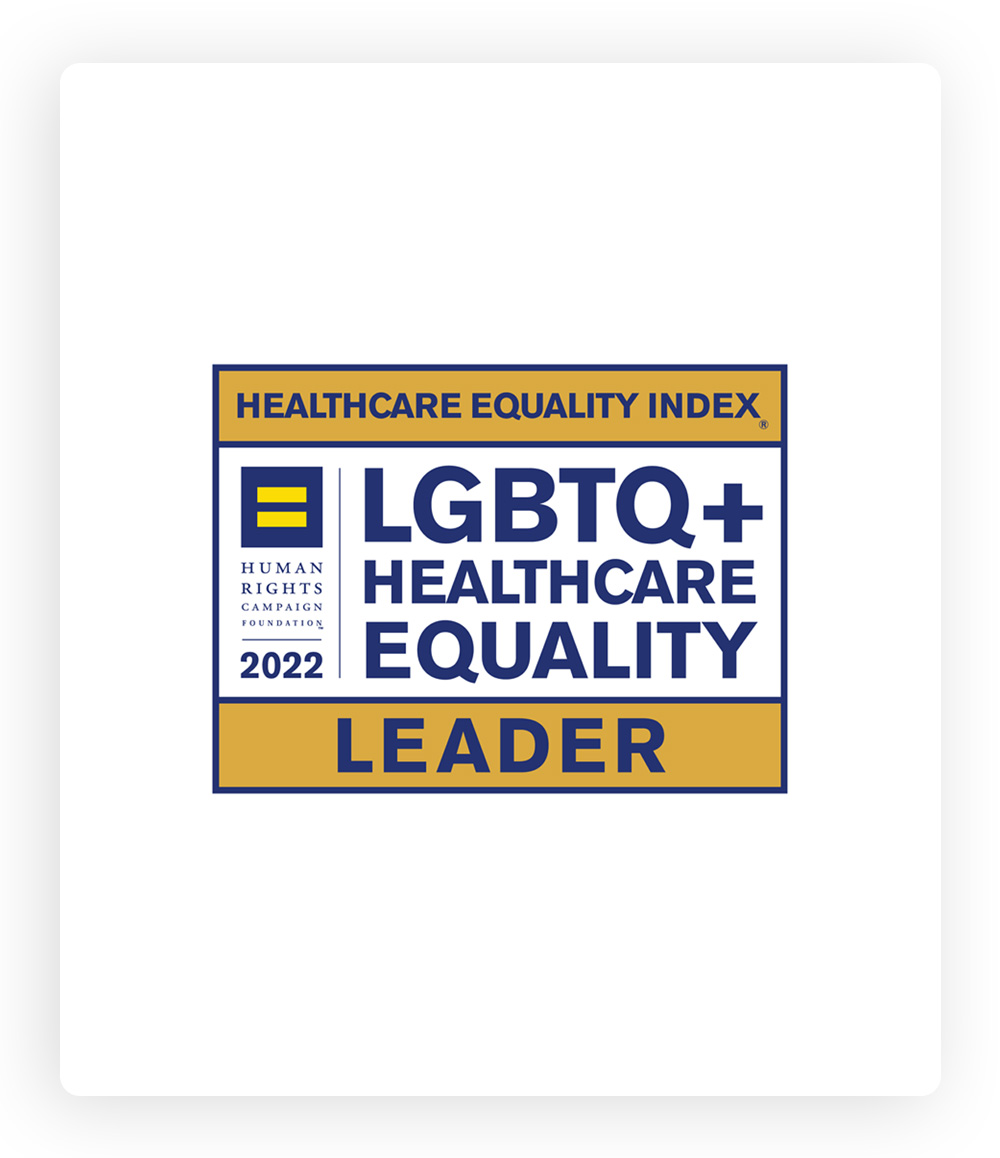
Why RMA of New York: Gestational Surrogacy for Gay Men
For over 20 years, RMA of New York has helped countless members of the LGBTQIA+ community preserve their fertility and build the families of their dreams. RMA of NY has been awarded the designation of "LGBTQIA+ Healthcare Equality Leader" by the Human Rights Campaign's Healthcare Equality Index (HEI), the nation's foremost benchmarking survey of healthcare facilities on policies and practices dedicated to the equitable treatment and inclusion of LGBTQIA+ patients, visitors, and employees. RMANY is the only fertility clinic based in Manhattan to receive this significant designation.
RMA of New York serves as the Division of Reproductive Endocrinology and Infertility at Mount Sinai Medical System. Our laboratory team is dedicated to scientific discovery, graduate medical education through RMA of NY’s REI Fellowship Program, and individualized care that focuses on you. Our team of embryologists are consistently recognized as innovators in reproductive science and medicine, and security and safety standards.
Featured Resources
![Ep 171: Fertility and Perimenopause Dr. Adrienne Mandelberger]() Podcast
PodcastEp 171: Fertility and Perimenopause Dr. Adrienne Mandelberger
Perimenopause is a topic that is not discussed often enough and having the conversation helps …
Read More![The River Journal: A Journey Through Loss, Hope, and the Miracle of Life: One Couple’s IVF Story]() News & Press
News & PressThe River Journal: A Journey Through Loss, Hope, and the Miracle of Life: One Couple’s IVF Story
A patient of Dr. Rachel Gerber's at RMA of New York’s Westchester practice opens up about her …
Read More![Evaluation and Management of Recurrent Pregnancy Loss]() Blog
BlogEvaluation and Management of Recurrent Pregnancy Loss
Recurrent pregnancy loss (RPL) is commonly defined as two or more clinical miscarriages. RPL is …
Read More
Get Started
It’s never too early to learn about your fertility and reproductive options.
Have questions?
We can help.
Patient-centric reproductive medicine is our specialty, and we look forward to answering any questions you may have.










